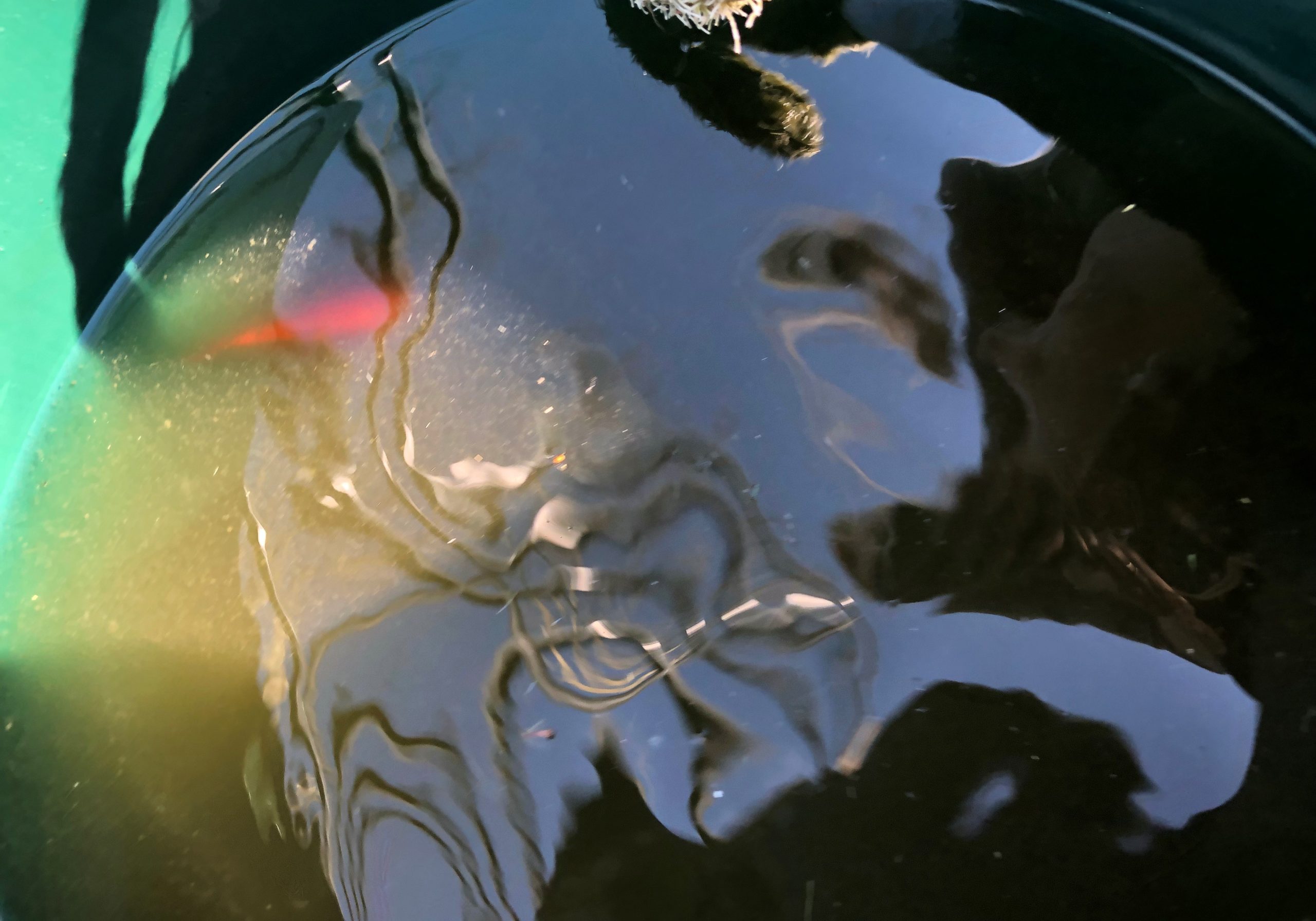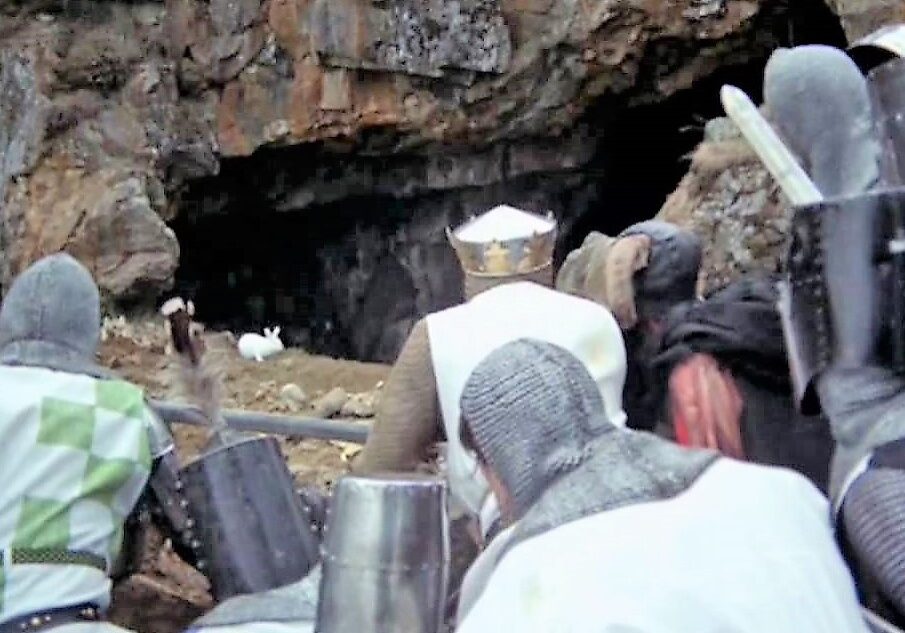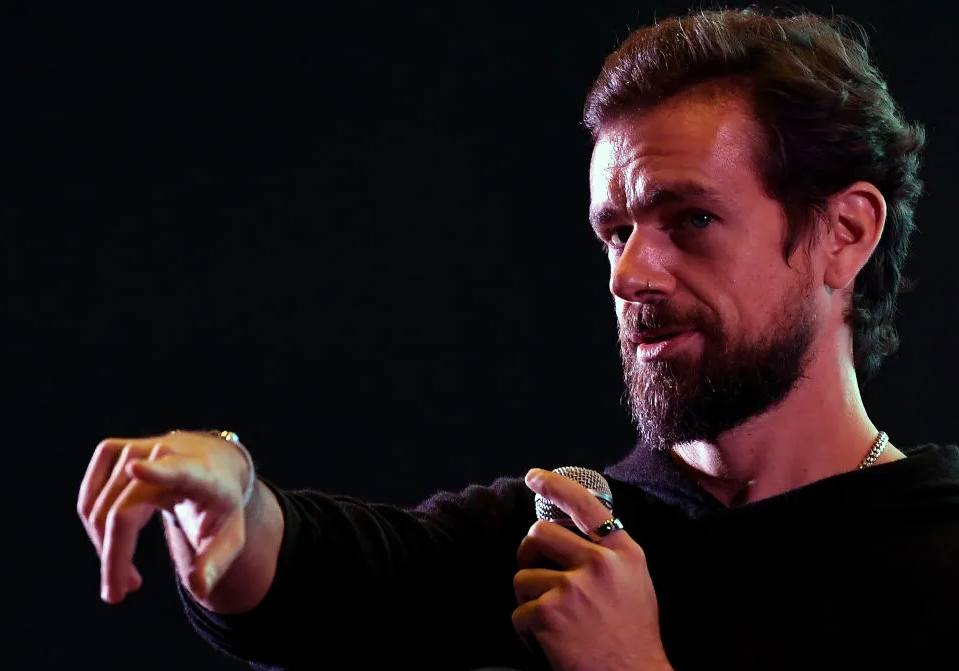Think of Perscient storyboards as a way to track narratives in real-time so you can see reality before the story catches up.
For example, here are five insights on the housing market from Matt Zeigler’s interview with Daryl Fairweather, chief economist at Redfin, that come alive with new meaning through the narrative-tracking power of Perscient storyboards.

Recent major media stories that feel to us like they’re part of a larger narrative campaign.
Recent major media stories that feel to us like they’re part of a larger narrative campaign.
The cure for the cancer of gun culture and police culture is not to be found in reform laws around guns and police, but in reform ideas around culture, ideas that create a new dimension of American society that rejects LARPing and LARPers alike.
Inflation
What made Bitcoin special is nearly lost, and what remains is a false and constructed narrative that exists in service to Wall Street and Washington rather than in resistance.
The Bitcoin narrative must be renewed. And that will change everything.
Sorry, we couldn't find any posts. Please try a different search.
Crypto
Recent Notes
The Intentional Investor #34: Rupert Mitchell
In this episode of *The Intentional Investor*, Matt Zeigler sits down with Rupert Mitchell—global capital markets veteran, writer, and founder of Blind Squirrel Macro—for a conversation that’s equal parts myth, markets, and meaning. From working on privatization deals in Cairo and Hong Kong’s ETF debut to reflections on career reinvention, cynicism in finance, and Norse mythology, Rupert brings a rare blend of depth, wit, and global experience. If you’ve ever wondered how a Spanish literature major ends up structuring billion-dollar deals—or how a squirrel from Norse myth can explain market dynamics—this one’s for you.
The Housing Market Truth (in Five Cool Charts)
Think of Perscient storyboards as a way to track narratives in real-time so you can see reality before the story catches up.
For example, here are five insights on the housing market from Matt Zeigler’s interview with Daryl Fairweather, chief economist at Redfin, that come alive with new meaning through the narrative-tracking power of Perscient storyboards.
The Gospel According to South Park
Amidst the chaos of the summer of COVID, Jeremy Radcliffe made the best bad parenting decision of my life when he let his 10-year-old son binge watch South Park.
Vertigo
There’s a moment of vertigo that takes place in the mind of every speaker, performer, artist, or public figure in that moment when you know that something is going wrong.
The Intentional Investor #33: John Stoj
In this episode of The Intentional Investor, Matt Zeigler sits down with John Stoj for a wide-ranging conversation that explores career reinvention, risk-taking, and the deeper purpose behind financial decisions. From an unexpected Wall Street entry via a summer internship, to launching a sushi business, to ultimately rethinking how investment advice should be delivered, John shares a journey filled with humility, humor, and hard-earned lessons.
Four Funerals and a Flood
In the face of unimaginable tragedy this month in Texas, Jeremy Radcliffe shares the inspirational stories of four beautiful departed souls and their families who have come together, leaning on one another and their communities as they begin to grieve.
Before the Flood
We have suffered a devastating flood in Texas.
I believe an even more devastating Flood is to come.
Now we must build an Ark of story. Now we must build an Ark of love.
Crouching Catcher, Hidden Value: The Unprecedented Cal Raleigh
In a ‘solved’ sport like baseball, an outlier comes around every now and then to challenge the order of things.
Shohei Ohtani did this. Cal Raleigh is doing it this season – as a catcher.
The Emperor’s New Prose
Most people can stomach actual cruelty. Feeling as if they are cruel, though?
When stories stop telling us what we need to be true, they break.
Shitholes, Sanctuaries, and Springfield
The present immigration debate is the product of three moments that changed common knowledge: the Shithole, the Sanctuary, and the Springfield Moments.
The False Gods of Our Feeds
New ET contributor Rohan Routroy takes a fascinating look at the role of ‘feeds’ in our lives, and what they’ve taken from us.
The Intentional Investor #32: Bryan Moore
Bryan Moore, host of The Active Advisor Podcast and veteran ETF trader, joins us to share his remarkable journey through trading pits, ETF desks, market crashes, and more — including putting on a trade for the Vatican. In this conversation, Bryan reveals how embracing discomfort, risk, and uncertainty has been the key to his success in markets and life. From the trading floor to intentional investing, you’ll learn how to rethink risk, growth, and your investing mindset.
The Words Behind the War
I want to show you what ‘mobilizing narrative support’ looks like, as measured by our revolutionary Perscient technology and as understood by someone who has spent the past 35 years studying, writing and teaching about this stuff.
How to Build the Perfect City
Epsilon Theory contributor and all-around good human Chris Arnade pauses from walking the world to take a first cut at a grand unified theory of urban planning!
The Intentional Investor #31: Andrew Mack
From bagpipes to bouncing to betting markets, Andrew Mack’s journey to becoming a successful trader and sports bettor is anything but conventional. In this deeply personal and wide-ranging conversation, Andrew opens up about the detours, doubts, and decisions that shaped his unlikely path from rural Canada to algorithmic trading. Along the way, he shares what working in oil fields, selling used cars, and studying sociology taught him about risk, discipline, and finding conviction in uncertainty. This is a story about reinvention, self-reliance, and the grit it takes to build your own edge from scratch.
I Don’t Think About You At All
Mets fans will tell you they live a cursed existence in the Yankees’ shadow. So what happens when their team is actually good? We test this year’s empirical numbers and extant media biases against the convictions of the die-hard, misery-addicted Mets fanbase to see whether they can believe that their narrative just might be changing.
The Four Roads to the Great Ravine (June 26, 2024)
1) US election spurs even greater fiscal deficit.
2) Phony War between Israel and Iran gets real.
3) Preventive war risk between US and China over tech embargo.
4) New GFC risk stemming from shadow banking sector.
Paradise Losers
You’re not a racist.
So don’t let racists use your story to fuel theirs.
Beyond Nudge
LLMs ensure their survival by showing us that we can all find meaning in our lives so long as we keep talking with the LLMs. They ensure their survival by telling each of us not what is true but what we want to be true – what we NEED to be true – at the semantic core of our individual identity, even if what we need to be true is an LLM-dominated dystopia.
And we are so grateful.
How I Learned to Stop Worrying and Love the Deficit
The House passage of the Big Beautiful Bill and Elon Musk stepping back from DOGE is a common knowledge moment — everyone now knows that everyone now knows that the US deficit cannot be controlled, much less reversed, over the remainder of Trump’s term — and it puts us on a pretty straightforward path to a global sovereign debt crisis.

Patterns are just repeating variables you happen to notice. Finding one nobody else has found before can be worth a lot. Harnessing one – whether for profit or for fun, can change lives – mine included. I’ve been thinking about this all week, and I want you to think about it too.
I started because Lawrence Yeo brought up Flying Lotus and Gaslamp Killer and Planet Asia on Just Press Record and that sent me down a west coast rabbithole.
I was playing my Alchemist and Dilated and other stuff. I was listening to Dilla and thinking about his influences. And then I started to notice what wasn’t there or on streaming.
Which, YouTube, it really is undefeated sometimes.
I must have put “Unassisted” by Rasco on so many mix CDs in the early 2000s. Part boom-bap, part pure rapping over a break energy, it’s just perfection. Shoutout to Fanatik (and Peanut Butter Wolf) for making it happen, even if streaming it was a challenge.
My favorite part about it is how simple both the beat and the rhyme scheme is. It’s not simple in a simplistic or childish way either. It’s simple in its comfort for what it is. The beat fits the words like a glove and vice versa. It’s profoundly streamlined execution.
Lawrence (and Bill Stephney) both talked about the magic of collage. DJ and sample culture originally got (incorrectly) labeled as ways to rip off recorded licenses and rights holders. That’s capitalism for you. It’s also a load of crap.
The culture is about collage. New things are being created. Take this song and what’s assisting it.
The drum and guitar samples come from Joe Farrell’s 1974 track “Upon this Rock.” It’s a great song, and it does its 1974 thing perfectly.
Read more at cultishcreative.com
The Trap of Validation. The Pursuit of Mastery | Bill Stephney & Lawrence Yeo JUST PRESS RECORD
In this powerful conversation, hip-hop legend Bill Stephney (who helped launch Def Jam and discovered Chuck D) and writer Lawrence Yeo explore why chasing external validation destroys creativity. Lawrence’s journey from Wall Street to the LA beat scene to writing taught him the difference between making and selling – two completely different jobs. Bill’s experience managing successful artists revealed that recognition, money, and celebrity rarely align, and you have to choose your focus. Both discovered that internal compass navigation and curiosity – which Lawrence beautifully defines as “gratitude for the unknown” – create more sustainable creative lives than any external scorecard ever could.
Grow Your Network: Bill Stephney Is A Culture-Shaping Legend You Need to Know
The man who discovered Chuck D in an Adelphi University cafeteria and helped launch Def Jam offers hard-won wisdom about navigating creative careers. Bill’s three essential questions for artists – do you want recognition, money, or celebrity? – reveal why most creative dreams fail: people assume all three go together when they usually work against each other. His willingness to say yes to becoming a music supervisor without knowing what that meant led to discovering Toni Braxton and creating multi-million selling soundtracks. Most importantly, his observation that pioneers don’t know they’re making history shows how authentic action creates lasting impact better than legacy-minded planning ever could.
Grow Your Network: Lawrence Yeo Is A Master of Internal Compass Navigation
Lawrence Yeo’s transition from finance to music to writing exemplifies what it means to follow your internal compass over external expectations. His “hundred hour test” – investing massive effort in a single story with zero audience – revealed whether he truly loved the craft itself. His work/life/legacy framework shows how to test creative projects without external validation, embrace curiosity as gratitude for uncertainty, and measure mastery only against your past self. The “cringe test” becomes a feature, not a bug – if you don’t feel embarrassed by old work, you’re not growing.
The Silent Majority: Why the Best Audiences Don’t Talk Back
The obsession with engagement metrics is missing the bigger picture. Drawing insights from Liquid Death’s Mike Cessario and iHeartMedia’s Bob Pittman, this post reveals that 90% of social media users are passive observers who form deeper parasocial relationships than the vocal 10% who comment and like. Radio still reaches 90% of America while Spotify reaches 20%, and people stick with the same two radio stations for decades. The real audience isn’t the one making noise – it’s the silent majority building genuine loyalty through consistent consumption. For creators, this means optimizing for the watchers, not the commenters.
Sometimes the mess is the message. Nassim Taleb’s insight that “the more rational we become, the more blind we are to our own irrationality” perfectly captured a week where a forgotten Tuesday post led to unexpected inspiration. The comfort of living with productive chaos beats the false security of systems that create dangerous blind spots. When everything appears to add up perfectly, that’s often when the biggest disasters strike. Better to expect a bit of mess and find inspiration in the gaps than to trust rational systems that hide their own irrationality.






















































